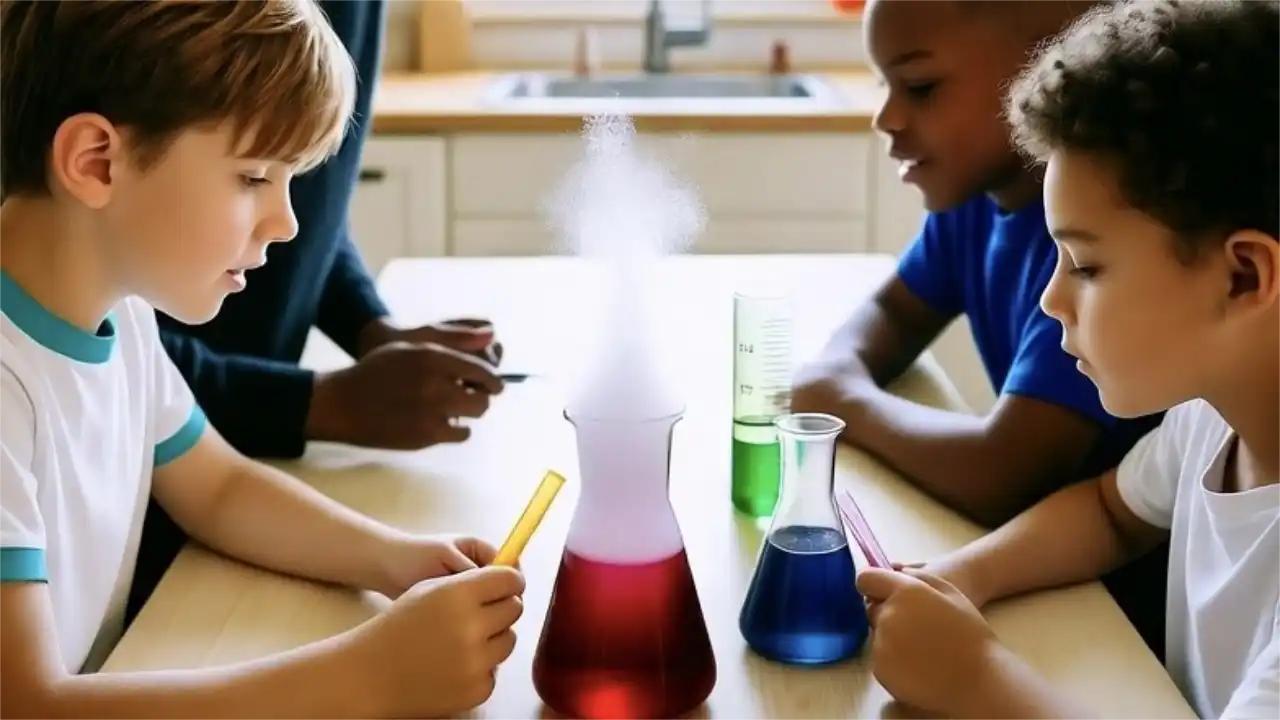
Encouraging Group Activities: Experiment Together with Science Kits
S
cience kits offer more than hands-on discovery—they’re natural training grounds for teamwork. When kids test ideas together, they learn to assign roles, coordinate efforts, and share credit. Like research teams solving real-world problems, they must measure, observe, record, and revise—skills essential for labs, school projects, and beyond. A question like “What’s our hypothesis?” invites shared purpose and sets the tone for thoughtful collaboration.
One afternoon, my son and his friends launched into a kitchen-table experiment. It started with chaos—missed steps, messy measurements. I asked, “How could you do this as a team?” He paused, then split the tasks—one poured, one timed, another took notes. Their mixture fizzed, and they erupted in cheers. That success carried forward into a science fair project he later led, where each member’s role was clear, and their findings, solid. Those afternoons at home had prepared him to think like part of a team, not just an individual thinker.
Turn curiosity into cooperation. Set up regular science sessions and let your child assign roles—data tracker, measurer, tester. Keep a log of their process and outcomes. Encourage them to present their findings to the family or at school. These activities develop more than scientific thinking—they build the habits of clear communication, trust, and shared success that carry into any team setting.
Encouraging Group Activities
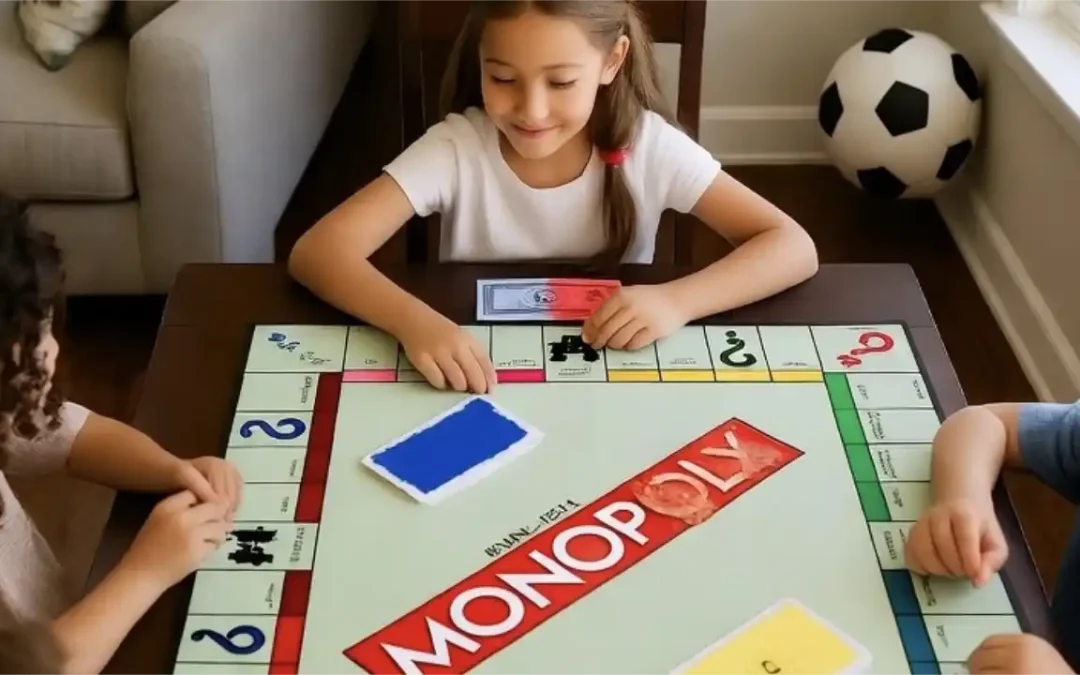
Encouraging Group Activities: Team Up for Board Games and Sports
Games and sports teach strategy, fairness, and cooperation. Use play to help children build social skills and emotional strength.
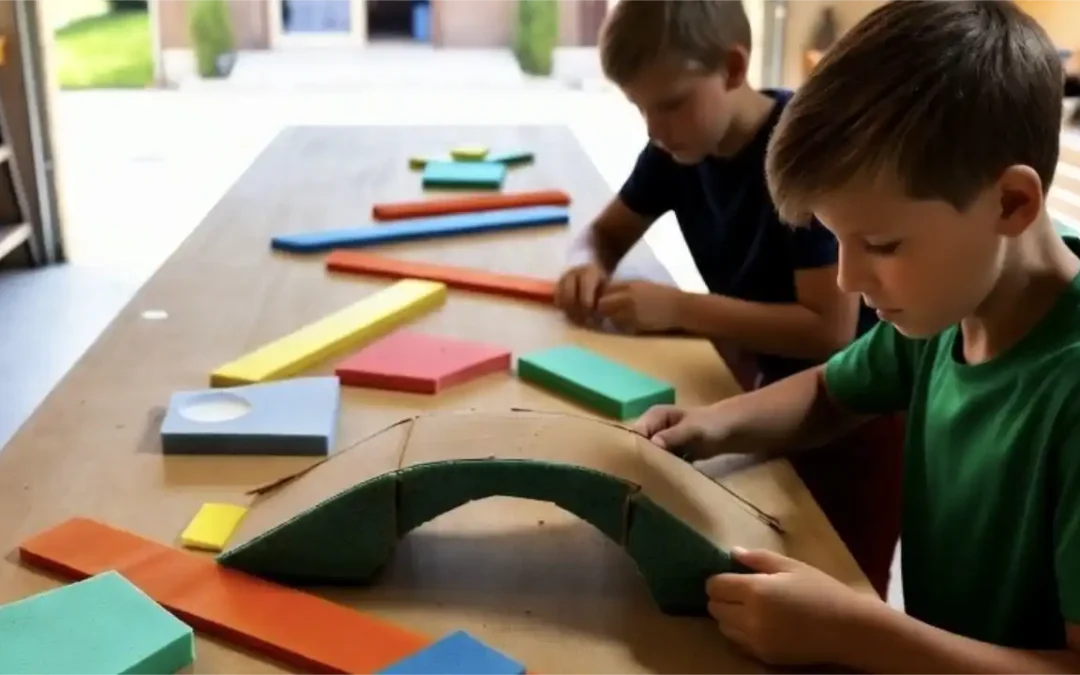
Encouraging Group Activities: Build Models as a Family Team
Family model-building strengthens problem-solving and communication. Create shared projects that encourage patience, creativity, and teamwork.
Table of contents

Primordial Soup for the Mind: Navigation
Navigate the book Primordial Soup for the Mind.
TIPS
- Ask “Who does what next?” to start planning.
- Praise their teamwork to value their effort.
- Keep a journal for their tasks.
- Suggest weekly experiment sessions.
ACTIVITIES
- Chemical Mix: Test a science kit, ask, “How can you test this together?” Work for 15 minutes.
- Circuit Build: Construct a model, discuss tasks, 20 minutes.
EXAMPLE
My daughter tested a solar model, saying, “We got it!” Her experiments started a science hobby.

Download “Primordial Soup for the Mind: A Parent’s Guide to Nurturing Intellectual Growth”
Enter your information to get this article and hundreds more as part of the FREE book Primordial Soup for the Mind.
Share your thoughts with the Thought Academy community in the Comments section below.

Sharpen those skills!
Enter your information to get our FREE practice exercises so you can hone your critical thinking and reasoning skills!



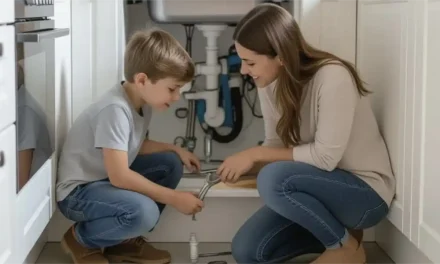
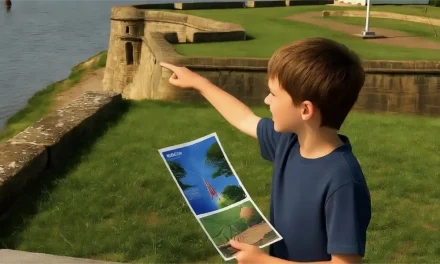
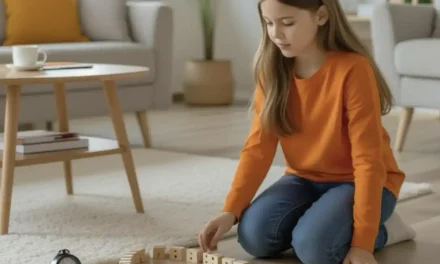

0 Comments